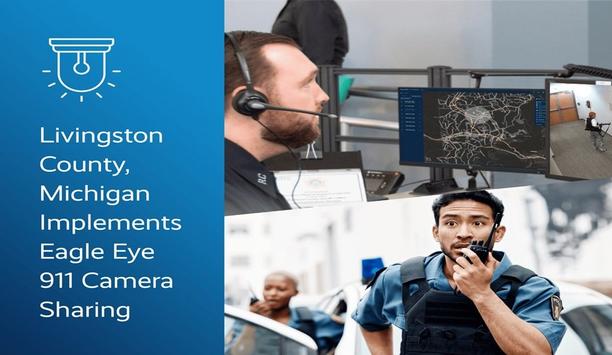 The police intend to expand a groundbreaking scheme that will see small and medium-sized businesses gather local intelligence on suspicious persons and activities for the benefit of all.
The police intend to expand a groundbreaking scheme that will see small and medium-sized businesses gather local intelligence on suspicious persons and activities for the benefit of all.
The move was disclosed by Detective Constable Ian Mansfield, Counter Terrorism Security Adviser to the City of London police, at a Reliance Security Services conference in London on November 14th.
The police are hoping to build on the success of Project Griffin, an innovative scheme that has involved private security personnel working at buildings in London's financial hub reporting on anything they regard as suspicious. In particular, the authorities are keen to disrupt anyone perceived as undertaking "hostile reconnaissance" ahead of a potential attack.
Two pilot studies for "Project Griffin 2", as the scheme is currently known, will begin early next year. If successful, DC Mansfield said it would be expanded to all UK Forces. "It will be a Neighbourhood Watch for all business," he said. One business in a designated area will be the contact point for the others and be responsible for liaising with the police.
DC Mansfield said the police wanted a "return to old-fashioned values" where people and businesses used to "talk to one another." He said that knowing about the businesses in your area was an important element of sharing intelligence.
Among the warning signs of potential hostile reconnaissance were someone taking a significant interest in the outside of a building, two or more people studying the location of CCTV cameras at a particular location and someone taking photos or making notes of a building. Other signs included vehicles left outside a building longer than normal, activity inconsistent with the nature of the location and using disguises such as motorcycle helmets.
Continuing the theme of terror prevention, Dr Sandra Bell of the Royal United Service Institute described the work of the historic organisation. The Institute researches and analyses security issues and has recently established a department for Homeland Security and Resilience to reflect the new security environment.
To this end, RUSI holds conferences, publishes research and offers consultancy services. "The aim is to help all the different agencies involved in a particular aspect of security planning understand both the micro and strategic objectives that they are working towards," she said.
Earlier, Dr John Wyatt, Technical Director of SDS Group, a security consultancy, outlined the importance of both contingency planning and business continuity.
He told delegates, who included security representatives of some of the City's biggest institutions, that contingency plans were the immediate actions taken after a tumultuous event, while business continuity was the preparations for enabling the business to carry on as normal after the event. "A gap exists in most organisations between those two requirements and that needs to be bridged," he said.
For contingency planning, front line staff - receptionists, security officers or telephonists, for example - needed proper training in how to deal with potentially dangerous situations, such as a bomb threat. There also needed to be an incident coordinator appointed to oversee the organisation's response.
Dr Wyatt also talked of the need for "invacuation" procedures to be established. This essentially allows for the provision of temporary refuge areas for staff in the event of a crisis, particularly where evacuation out of the building is either not possible or dangerous.
"We have visited around 150 buildings in London on invacuation work and there is no location that cannot have an effective and safe protected space," he said.
For business continuity, much depended on the strength and design of the buildings involved. Dr Wyatt recommended that windows be double-glazed with one pane of toughened glass and the inner one of laminate. This would help counter the twin effects - a sharp punch followed by a push of air - of a blast.
It was also important that a continuity plan is established well in advance and that it be supported at the highest level of management. Too often, he said, it became merely the responsibility of the IT manager and consequently downgraded in management importance. Rigorous and regular testing was also essential.
Mark Tuckwell, London Operations Director for Reliance Security Services concluded the proceedings with a call for greater cooperation between the different agencies involved in security work, lauding the success of schemes such as Project Griffin.

















